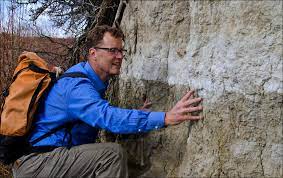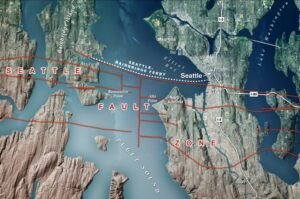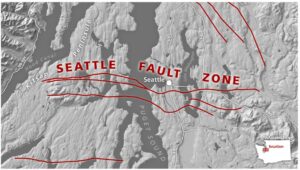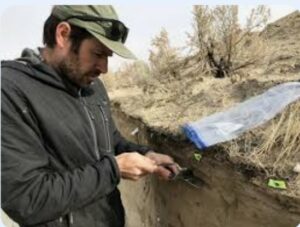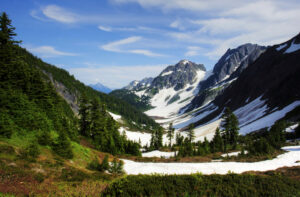
The Lecture – The subduction history of the Northwest Cascades
Please check back for more information regarding this lecture…
This IN-PERSON ONLY lecture will start at 4 PM on Saturday, October 17, 2026, at the Port Townsend First Baptist Church (1202 Lawrence St, Port Townsend). This lecture is free and open to the public. (Donations gratefully welcome).
About the Speaker – Dr. Sean Mulcahy
Sean Mulcahy is a professor at Western Washington University. His geologic interests include metamorphic petrology, structural geology, geochronology, and tectonics.

